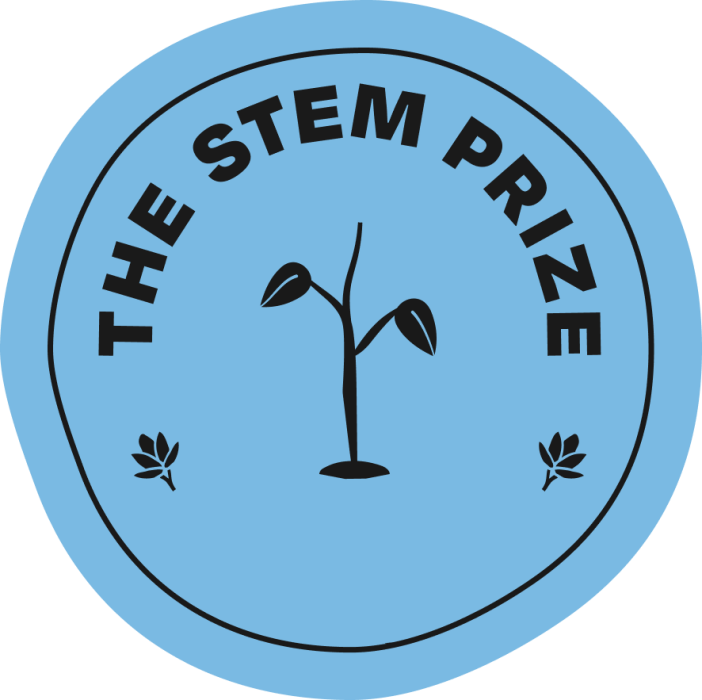
The sacred Uru Uru Lake is dying, threatened by the lack of sustainable actions that protect Mother Earth. In response, the Uru Uru Team was born – a group of young indigenous leaders committed to restoring the lake by honouring ancestral indigenous traditions and scientific methods.
Uru Uru is located in the middle of the Bolivian Altiplano, a Ramsar site and source of life for more than 50 families of Indigenous communities and over 75 species of animals and plants. The loss of these ecosystems and the rise in climate refugees – disproportionately affecting Indigenous women, who are among the most vulnerable – has forced many to migrate to cities. There, they face forced marriages and a cycle domestic, economic and educational abuse.
If the lake dies, their way of life, customs, identity, fauna and flora die. These young people refuse to stand by and do nothing. They have taken action, though more must be done. This is a unique opportunity to go beyond words and support further restoration efforts. Guided by ancestral knowledge about the decontaminating powers of Totora – native aquatic plants traditionally used for construction, medicine, and fodder – the Uru Uru Team is using phytoremediation to clean the polluted “black water” canals flowing into the lake. These canals carry sewage and mining waste that combined with the effects of climate change are killing the lake. The Totoras are fighting back, reducing pollution by up to 30%. In addition to this, the team is developing community gardens, offering training in the sustainable and respectful use of water and land. Together, they are revitalising their communities, preserving their heritage, and creating a model for environmental resilience.

The Uru Uru Team works in a non-hierarchical structure, honoring the cyclical and harmonious principle dictated by their ancestral knowledge. Forming this team includes the Vito Community as the Leadership Council as well as, Katterin Pamela Nuñez Choque, Dayana Blanco Quiroga, Gabriela Alejandra Torrez, Odaliz Mamani Tribeño, Mabel Calahuana, Brayan Acha Quispe, Gustavo Andre Blanco Quiroga.
Of Aymara Indigenous roots, Gustavo Blanco is an environmental activist based in Oruro, Bolivia. At the age of 16, he began working on community environmental restoration projects, organising a massive planting in a contaminated and arid area of his city.
Since then, he has initiated various environmental efforts, including founding the “Team Uru-Uru” project, which uses the ancestral traditions of the Uru Indigenous people to decontaminate the polluted waters of the ancient lake through the use of native plants from the area.
Gustavo is also a senior student at Princeton, studying sociology with a focus on the environment. After graduation, he plans to return to his hometown of Oruro to apply his research knowledge for the benefit of his local community and continue deepening his understanding of the application of Indigenous knowledge for environmental-based solutions.
With The Iris Prize grant the Uru Uru Team, will continue to make progress towards the restoration of their sacred lake. The lake has several canals carrying the polluted “black water” that is killing life. With the Prize funds, they can transplant more Tortoras into other canals which bring pollutants into the lake. They will continue to develop their community gardens and training programmes. The vegetables they produce will be sold and the income generated will be used to plant more Totoras.


